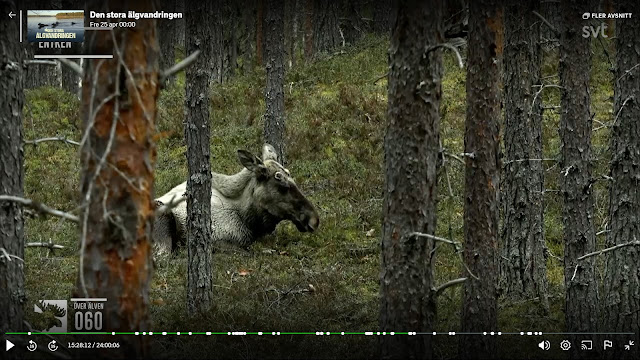Zen Quartet

(Illustration by Benoit Rouilly) Thanks for following this 5 months-long series of posts on Zen aesthetics in Contemplative Cinema! Here are all the links, first the main series by chapters: Contemplative Filmmaking in Zen Aesthetics (1 to 7) Contemplative Editing With Zen Aesthetics (1 to 5) Zen Concepts in Contemplative Performance (1 to 4) Zen Aesthetics through Contemplative Spectatorship (1 to 9) Then, each individual post, broken down by chapters: FILMMAKING Yohaku: Contemplative Filmmaking in Zen Aesthetics (1) Fukinsei: Contemplative Filmmaking in Zen Aesthetics (2) Hei: Contemplative Filmmaking in Zen Aesthetics (3) Miegakure: Contemplative Filmmaking in Zen Aesthetics (4) So: Contemplative Filmmaking in Zen Aesthetics (5) Shibui: Contemplative Filmmaking in Zen Aesthetics (6) Mono no Aware: Contemplative Filmmaking in Zen Aesthetics (7) EDITING Ma: Contemplative Editing With Zen Aesthetics (1) Jikan: Contemplative Editing With Zen Aesthetics (2) Jo-Ha-K...



